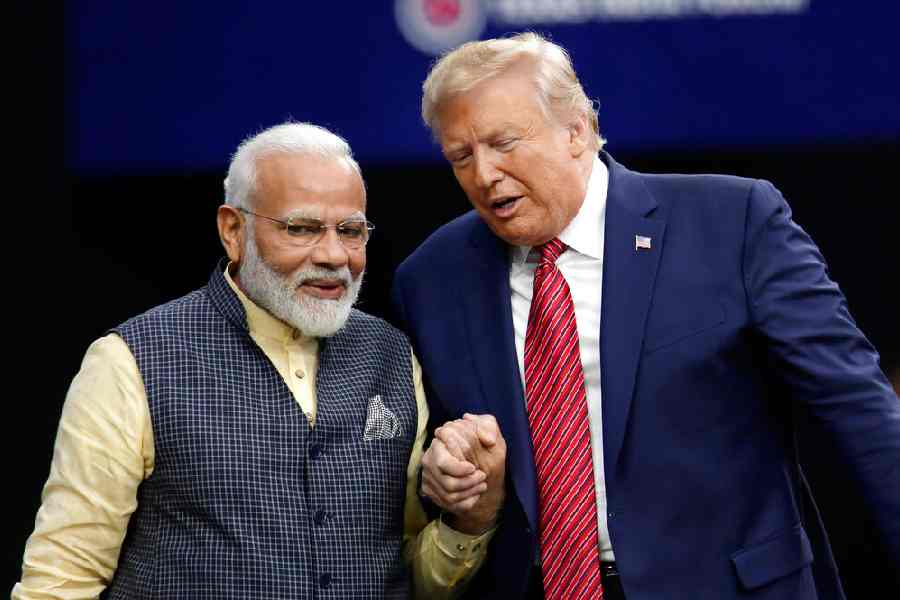The higher education regulator’s decision to continue appointing college and university faculty in certain subjects without the requirement for a PhD degree or National Eligibility Test qualification has academics divided.
The University Grants Commission’s (UGC) latest draft regulations have continued the NET and PhD waiver for faculty recruitment in the subjects of technology, drama, yoga, music, performing arts, visual arts, and “other traditional Indian art forms” such as sculpture. The commission has sought feedback fromsenior university officials on these proposed regulations by February 5.
For appointment as assistant professor in most subjects, the draft regulations require the candidates to either have a PhD or to have cleared the NET (an exam only postgraduates can take).
However, would-be faculty for the performing arts need only an undergraduate degree and five years’ professionalexperience, provided they have “commendable professional achievement” at the state or national level, anadequate knowledge of theory, and the ability to “teachwith logical reasoning andillustrations”.
To be eligible for an assistant professorship in engineering and technology, a candidate needs a postgraduate degree with at least 55 per cent marks. The UGC has clarified that this aligns with the recruitment norms followed by the All India Council for Technical Education, whose rules govern tech schools such as the IITs and NITs.
Ramesh Chandra Deka, vice-chancellor of Cotton University, Guwahati, said appointing candidates without NET qualification or PhD affects the quality of faculty.
“I firmly believe that there should be some national or state-level entrance test for the selection of non-PhD (faculty) candidates,” he said.
“Some subjects may not be part of the basket of subjects in the NET. The State Level Eligibility Test (SLET) may include such subjects. The NET/ SLET or a PhD must be the minimum qualification for assistant professorship in all subjects.”
Rajeev Kumar, a former JNU computer science professor, said faculty members teaching senior undergraduate students at leading foreign universities need to havea PhD.
“Even NET qualification is not a substitute for a PhD degree. For proper faculty recruitment, a PhD must be made mandatory,” he said.
“In addition, the UGC must prepare a projection on the requirement of faculty subject-wise for the next 5 or 10 years. This will help students plan their career.”
Linguist S. Prasanna Sree, head of the English department at Andhra University, supported the UGC decision.
“When I was a lecturer in the 1980s, people with extraordinary talent in the performing arts and fine arts were accommodated by universities as honorary professors,”she said.
“I feel that people with talent and experience in these areas are better equipped to guide students and young teachers in the institution.”
R.K. Chauhan, former vice-chancellor of the Guru Jambheshwar University, Hisar, said the UGC had in 2018 decided to make a PhD degree mandatory for faculty recruitment in universities from 2021. However, it has now backtracked.
“If the NET or a PhD was not made mandatory previously for some reason, the UGC is required to review it and see if the reasons are still valid,” Chauhan said.
“There may not have been enough candidates with NET qualification or a PhD degree in a particular subject oneor two decades ago. The situation has changed now. The UGC cannot hide behindprevious rules.”











